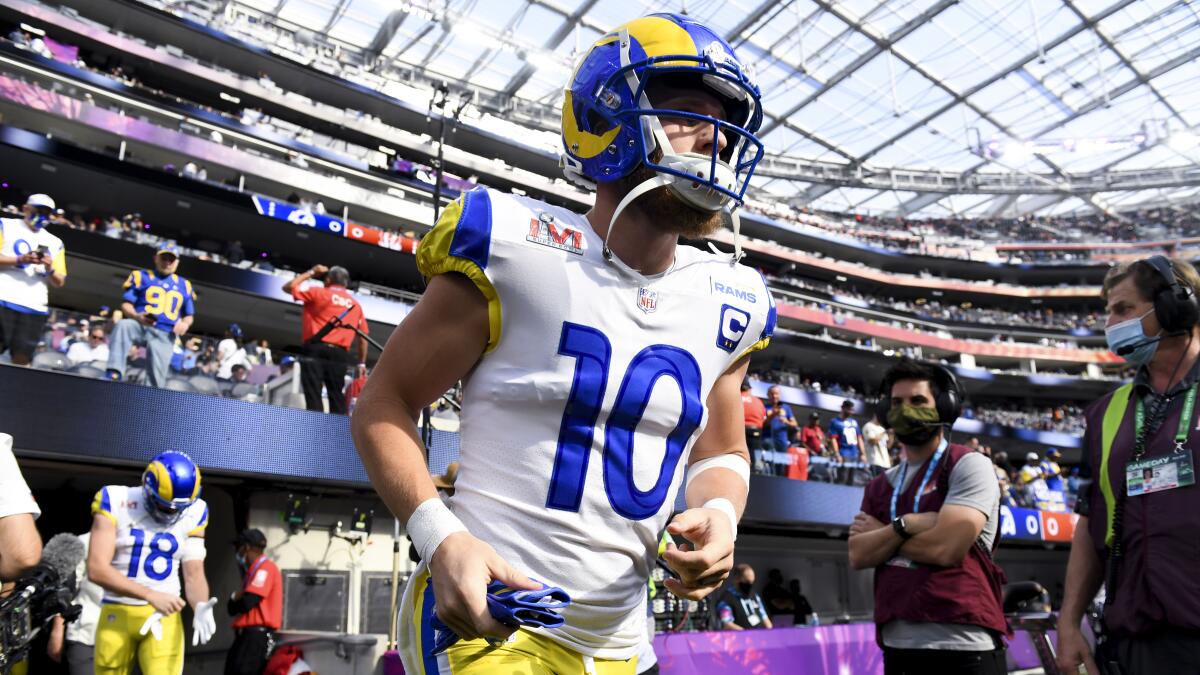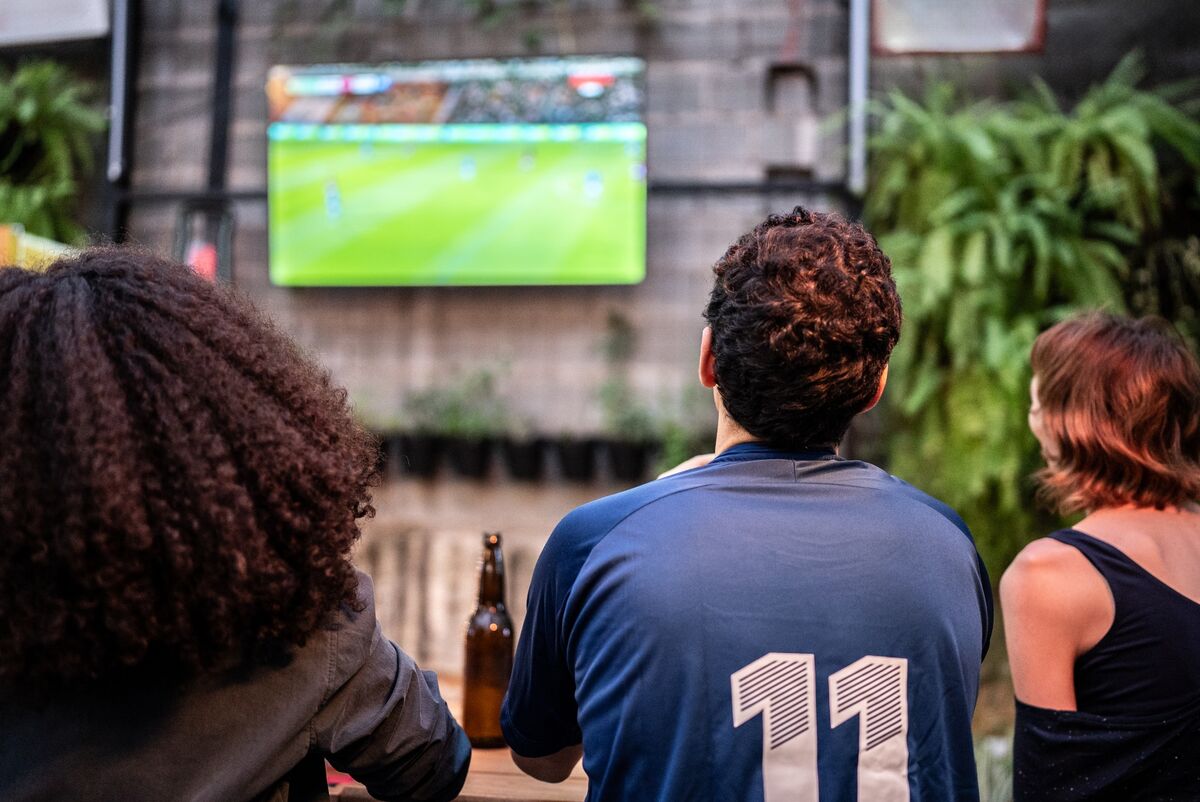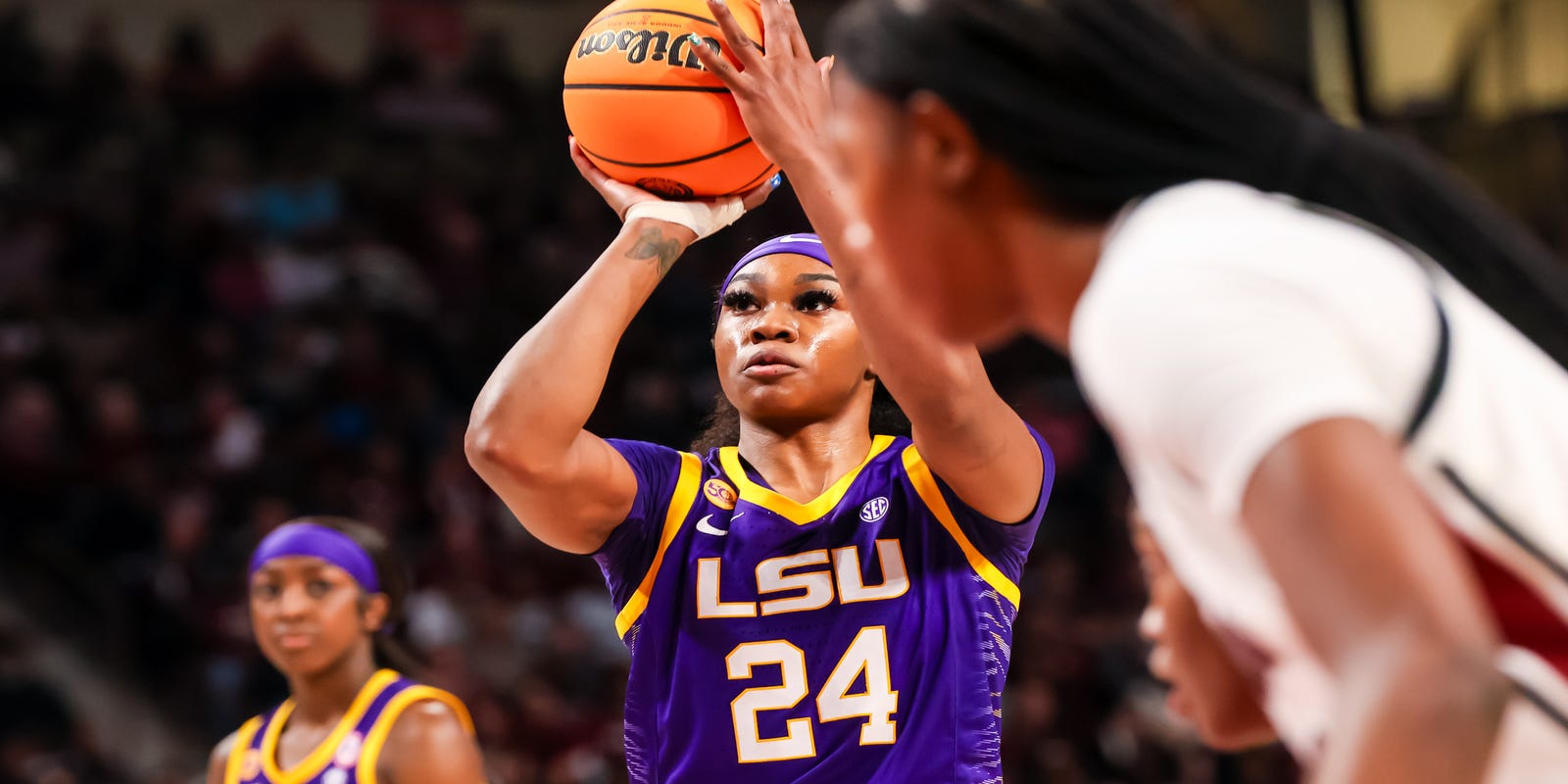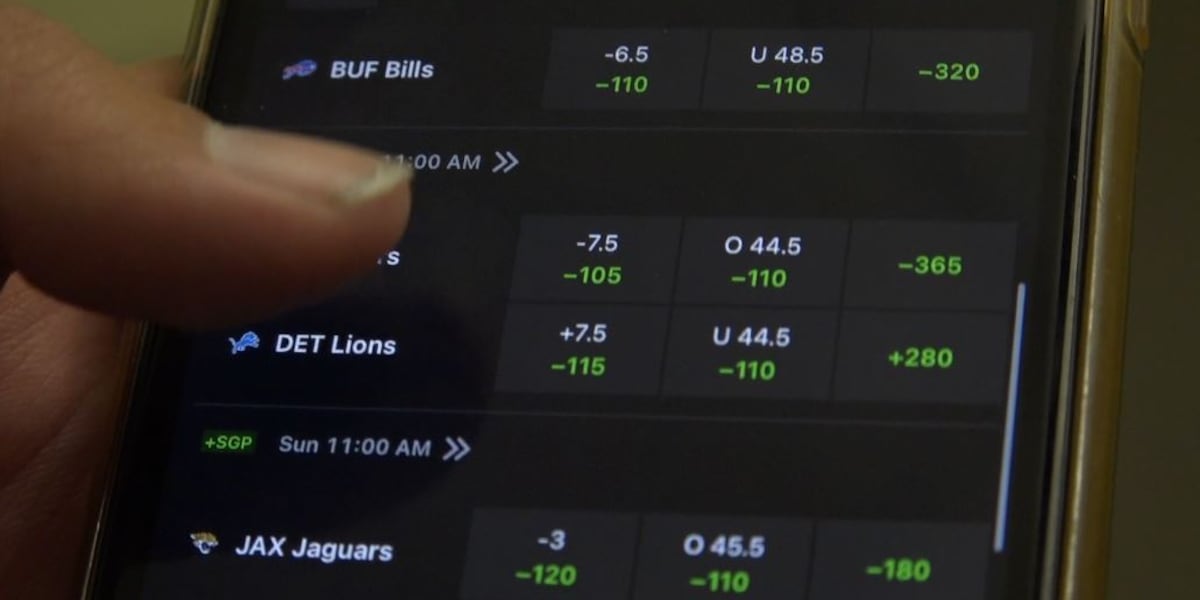College Sports Revolution: The Seismic Shift That Could Redefine Everything Overnight
Sports
2025-04-14 03:00:00Content
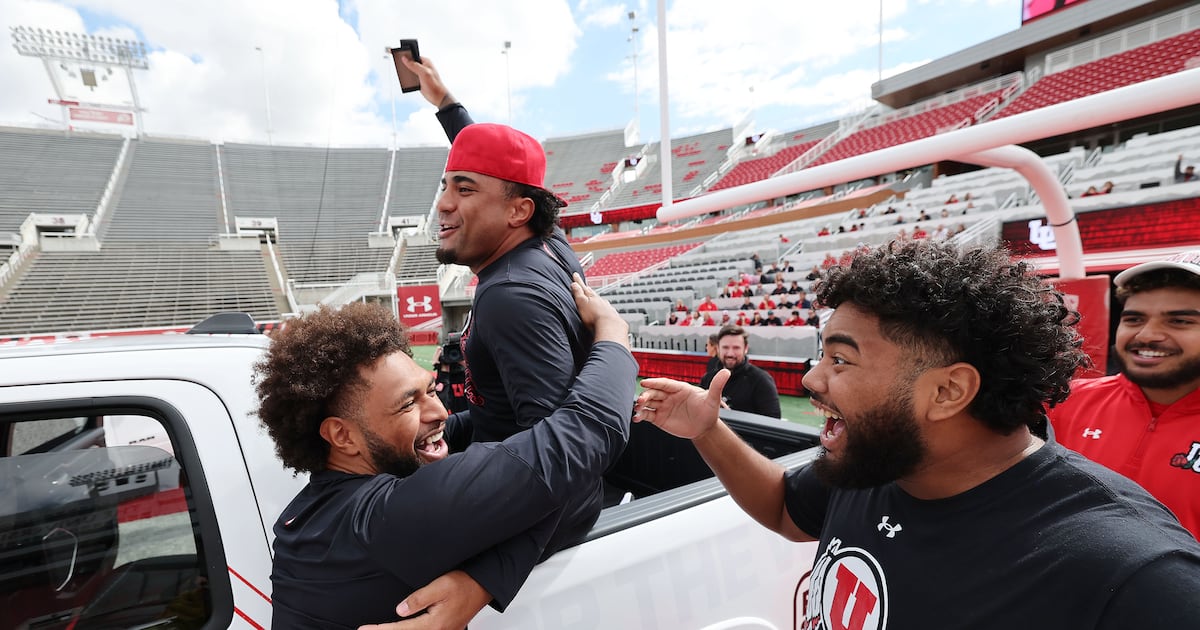
House v. NCAA Settlement: Your Ultimate Guide to College Sports' Biggest Shake-Up
The recent House v. NCAA settlement is sending shockwaves through the college sports world, and if you're feeling overwhelmed by the details, you're not alone. This landmark legal decision is set to dramatically transform how student-athletes are compensated and treated.
What Exactly Happened?
In a groundbreaking move, the NCAA has agreed to a massive settlement that will fundamentally change the landscape of college athletics. The agreement aims to resolve long-standing disputes about athlete compensation and will allow schools to directly pay their athletes for the first time in history.
Key Highlights of the Settlement
- Schools can now provide direct financial compensation to athletes
- A potential $2.7 billion payout to cover past athlete damages
- A new framework for athlete earnings and rights
What This Means for Student-Athletes
This settlement represents a seismic shift, empowering student-athletes to finally receive fair compensation for their talents and contributions. No longer will they be restricted by outdated NCAA rules that limited their ability to earn money.
Looking Ahead
While details are still being finalized, one thing is clear: college sports will never be the same. Athletes are now poised to benefit financially from their hard work, skill, and dedication.
Decoding the Landmark House vs. NCAA Settlement: A Game-Changing Moment in College Sports
In an unprecedented legal showdown that promises to reshape the landscape of collegiate athletics, the recent House vs. NCAA settlement has sent shockwaves through the sports world, challenging long-standing traditions and potentially rewriting the fundamental economic dynamics of amateur athletics.Breaking the Chains: How One Lawsuit Could Transform College Sports Forever
The Legal Battleground: Understanding the Core Dispute
The House vs. NCAA settlement represents more than just a legal resolution; it's a seismic shift in the philosophical and economic framework of collegiate athletics. At its heart, the lawsuit challenges the NCAA's long-standing model of amateurism, which has historically prevented student-athletes from monetizing their athletic talents and personal brands. The legal proceedings exposed deep-rooted inequities within the collegiate sports system, highlighting how universities and athletic programs have generated billions in revenue while restricting athletes' ability to benefit financially from their own performances and marketability.Financial Implications: A New Era of Athlete Compensation
This groundbreaking settlement introduces a revolutionary compensation model that could fundamentally alter how student-athletes are viewed and treated. By establishing mechanisms for direct financial remuneration, the agreement acknowledges the significant economic value that athletes generate for their institutions. The financial framework emerging from this settlement suggests a potential redistribution of revenues that could range in the hundreds of millions of dollars, creating unprecedented opportunities for student-athletes across multiple sports disciplines. This isn't merely a monetary adjustment but a profound recognition of athletes' rights and economic contributions.Systemic Transformation: Beyond Monetary Compensation
The settlement's implications extend far beyond immediate financial considerations. It represents a critical moment of reckoning for collegiate sports institutions, challenging decades-old power structures and demanding a more equitable approach to athletic participation. Universities and athletic programs will now need to develop comprehensive strategies for integrating these new compensation models, potentially requiring significant administrative and cultural transformations. The ripple effects could reshape recruitment practices, scholarship frameworks, and the overall student-athlete experience.Future Landscape: Navigating Uncharted Territory
As the sports world absorbs this landmark decision, stakeholders across collegiate athletics must prepare for a fundamentally different operational environment. Athletic departments, compliance offices, and university administrations will need to develop sophisticated approaches to implementing these new guidelines. The settlement opens complex discussions about fairness, economic justice, and the evolving role of student-athletes in higher education. It challenges traditional narratives about amateurism and recognizes the professional-level contributions of young athletes who generate substantial revenues for their institutions.Broader Societal Impact: A Catalyst for Change
Beyond the immediate sporting context, this settlement could serve as a powerful precedent for addressing systemic inequities in other domains. It demonstrates the potential of legal mechanisms to challenge entrenched power structures and create more just compensation models. The decision signals a broader societal shift towards recognizing individual economic rights and challenging institutional practices that have historically limited personal economic opportunities. It represents a significant milestone in the ongoing dialogue about fairness, representation, and economic empowerment.RELATED NEWS


